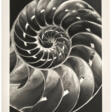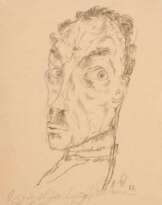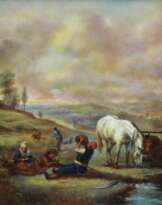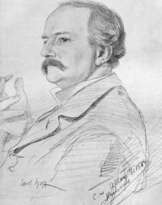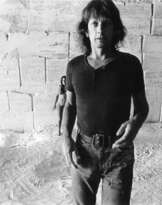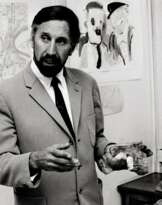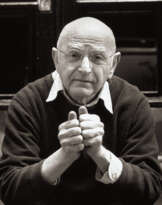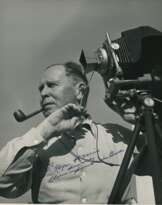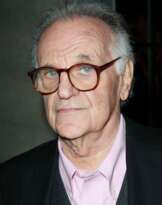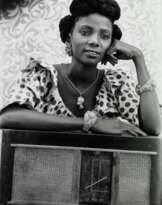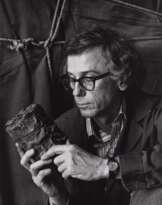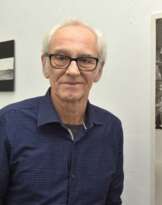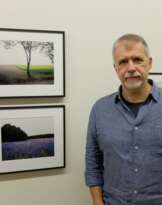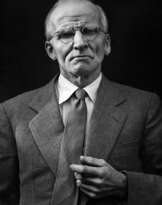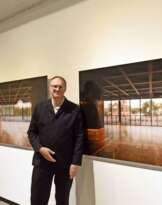Alfred Ehrhardt (1901 - 1984)
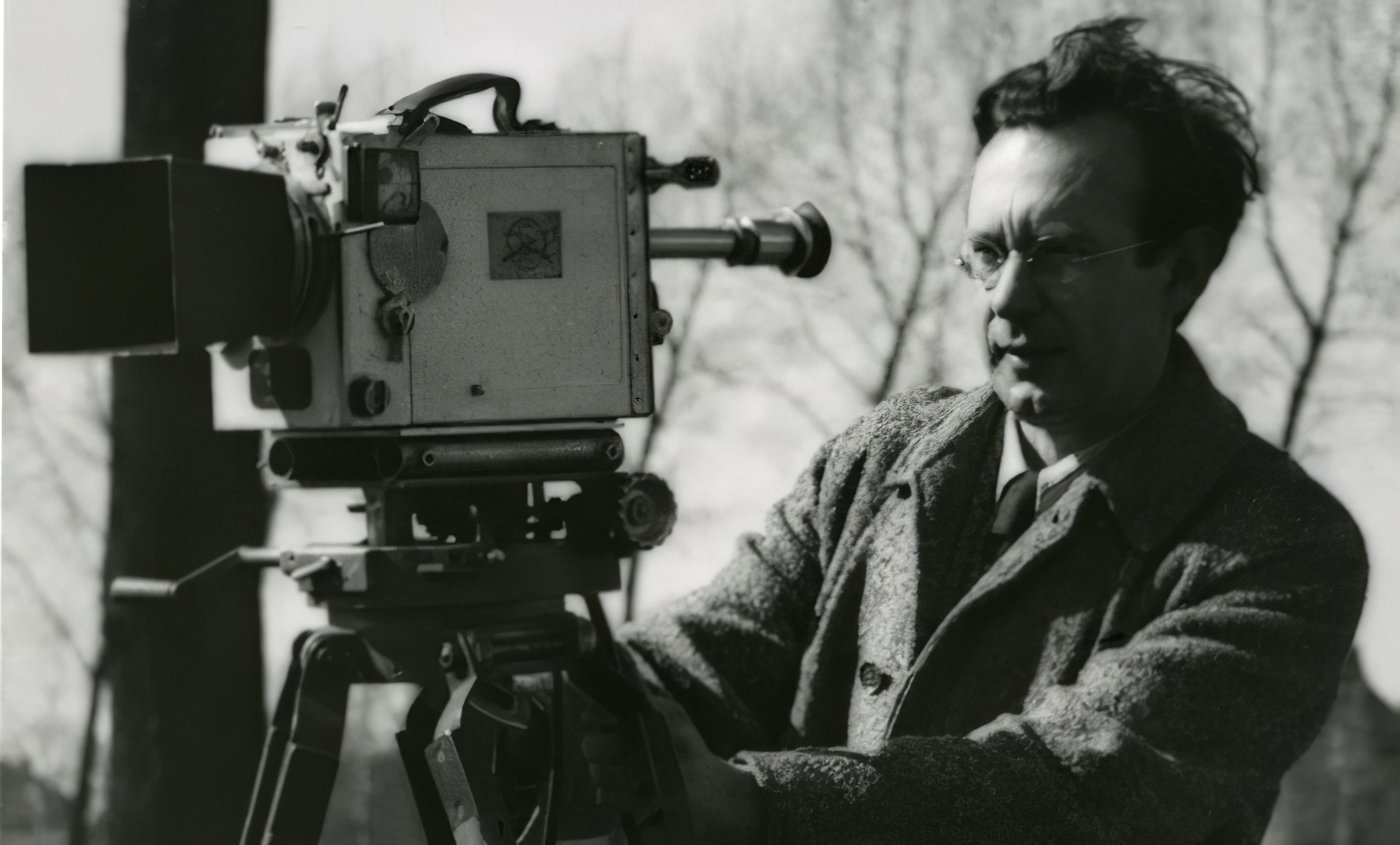
Alfred Ehrhardt
Alfred Ehrhardt was a universally talented German artist. He was an organist and choirmaster, then a music and art teacher in a remedial school, and finally an art teacher and painter, before becoming a photographer and director.
After spending the winter semester 1928-29 at the Bauhaus Dessau, where he was decisively influenced by Josef Albers, Wassily Kandinsky, Paul Klee and Oskar Schlemmer, he transferred the Bauhaus pre-course concept to his art lessons with children and young people, beginning in first grade and continuing through Abitur. Based on this experimental experience, in 1930 he was appointed to the Landeskunstschule Hamburg, where he created the first preliminary course in materials science outside the Bauhaus. After being dismissed by the National Socialists from the university in 1933 because of his modernist views of art, he turned to photography and film.
Alfred Ehrhardt is considered an outstanding representative of the new objective photography. After publishing more than 20 photobooks, he became one of the most successful photographers among the former Bauhaus artists. His "absolutely artistic films", which defy modernity and are inspired by the avant-garde of the 1920s, place him among the old masters of cultural and documentary cinema. Alfred Erhardt is considered "Germany's most important post-war creator of cultural films" and has received numerous national and international awards for his more than 50 films, including four Federal Film Prizes.
| Date and place of birt: | 5 march 1901, Triptis, Germany |
|---|---|
| Date and place of death: | 29 may 1984, Hamburg, Germany |
| Nationality: | Germany |
| Period of activity: | XX century |
| Specialization: | Artist, Educator, Filmmaker, Graphic artist, Painter, Photographer |
| Art school / group: | Bauhaus |
| Genre: | Documentary photography, Macro photography |
| Art style: | Black & white photo |
